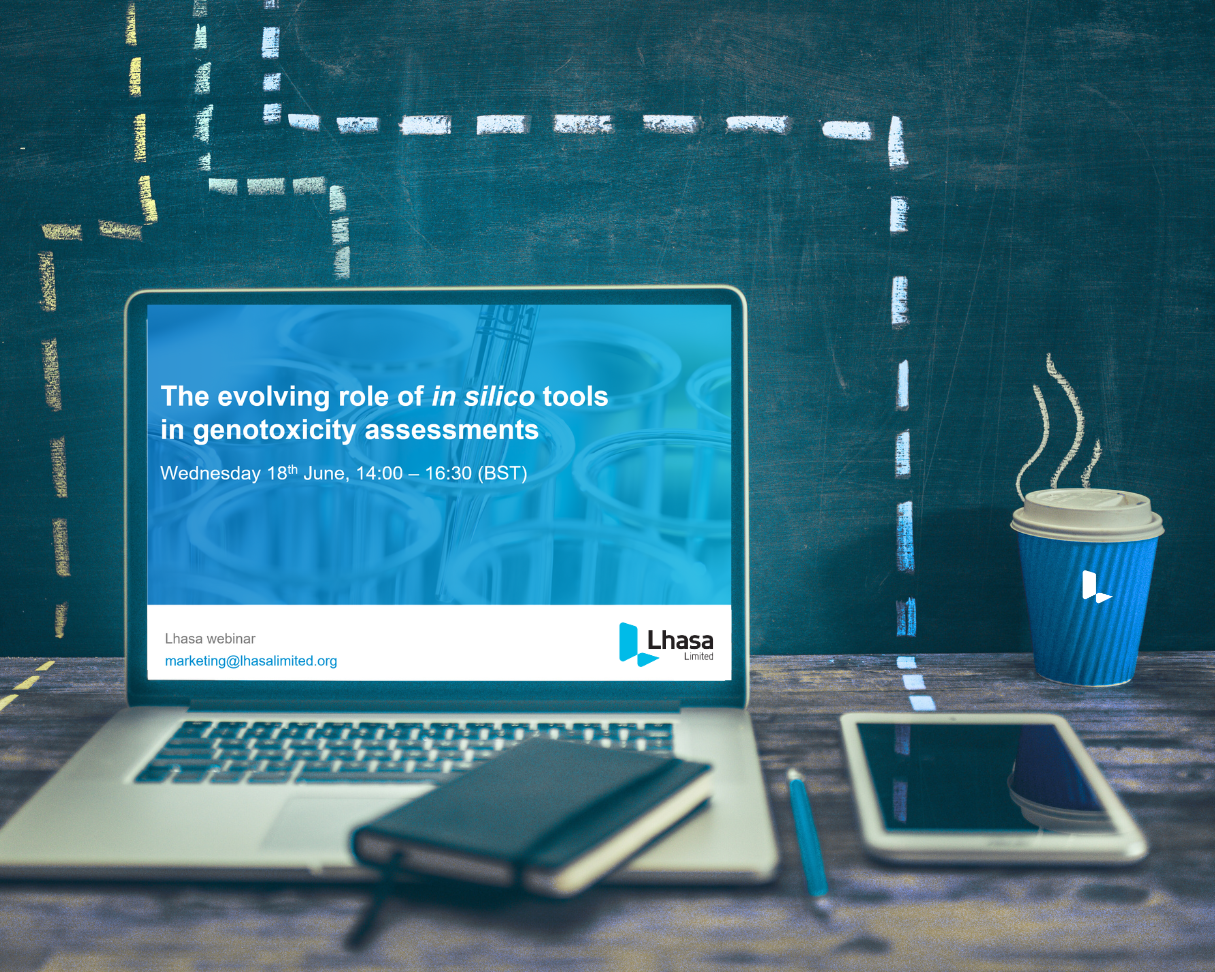Evaluating the potential toxicity of chemicals is an important part of the drug development process. Optimizing a data set that provides quality over quantity is critical in the search for suitable drug candidates.
Developed by our scientists, Vitic is a chemical database and information management system that provides rapid access to high-quality toxicity data from both published and propriety sources. Through accessing expertly curated data, users can benefit from minimising the need to carry out unnecessary testing, saving time and money in their drug development process.
Our scientists, who continually work on Vitic with current toxicological knowledge, ensure data quality is achieved using three benchmarks:
- Quality of extraction.
- Quality of sources.
- Quality of studies.
Assessing quality at each of these benchmarks is fundamental to maintaining the Vitic database, as a way to confidently identify potentially toxic chemicals, and therefore reject unsuitable drug candidates.
Quality of extraction
To maintain accuracy between Vitic data and the original data source, data is extracted manually by our scientists. A crucial component of quality control, all data is then peer reviewed by a second member of the team. In addition, to eliminate possible inconsistencies, all data in Vitic is reviewed through automated curation workflows. If any inconsistencies are identified, these are managed by a further manual review.
Quality of sources
Having a dedicated team for extraction means we can quickly respond to requests from members when useful datasets are identified. In many cases, primary literature is assessed to resolve potential issues observed in review articles, thus only selecting sources, and extracting the data that will be of value to our users.
Quality of the studies
Our scientists often use the Klimisch Score in the process of determining how reliable an individual study is.
Vitic is built upon the integrity of its dataset, and we ensure that information is collected based on how studies are conducted and whether they adhere to guidelines. This means the database can continue to grow without compromising the quality of results.
Shared knowledge enhances data quality
We recognize that quality can be achieved through collaboration and continue to demonstrate this through our pre-competitive Vitic data sharing initiatives. Driven by our purpose to ‘enable informed decision making about chemical safety’, and our ethos of ‘shared knowledge, shared progress’, we act as the ‘honest broker’ reaffirming our commitment to advancing the wider scientific community.
Currently, Vitic contains 526,423 toxicology data records. With such extensive coverage of toxicological data, Vitic is well placed to support regulatory submissions, more specifically, the expert review required under ICH M7.
For more information on Vitic or any of our other solutions, please get in touch.
Last Updated on January 25, 2024 by lhasalimited



